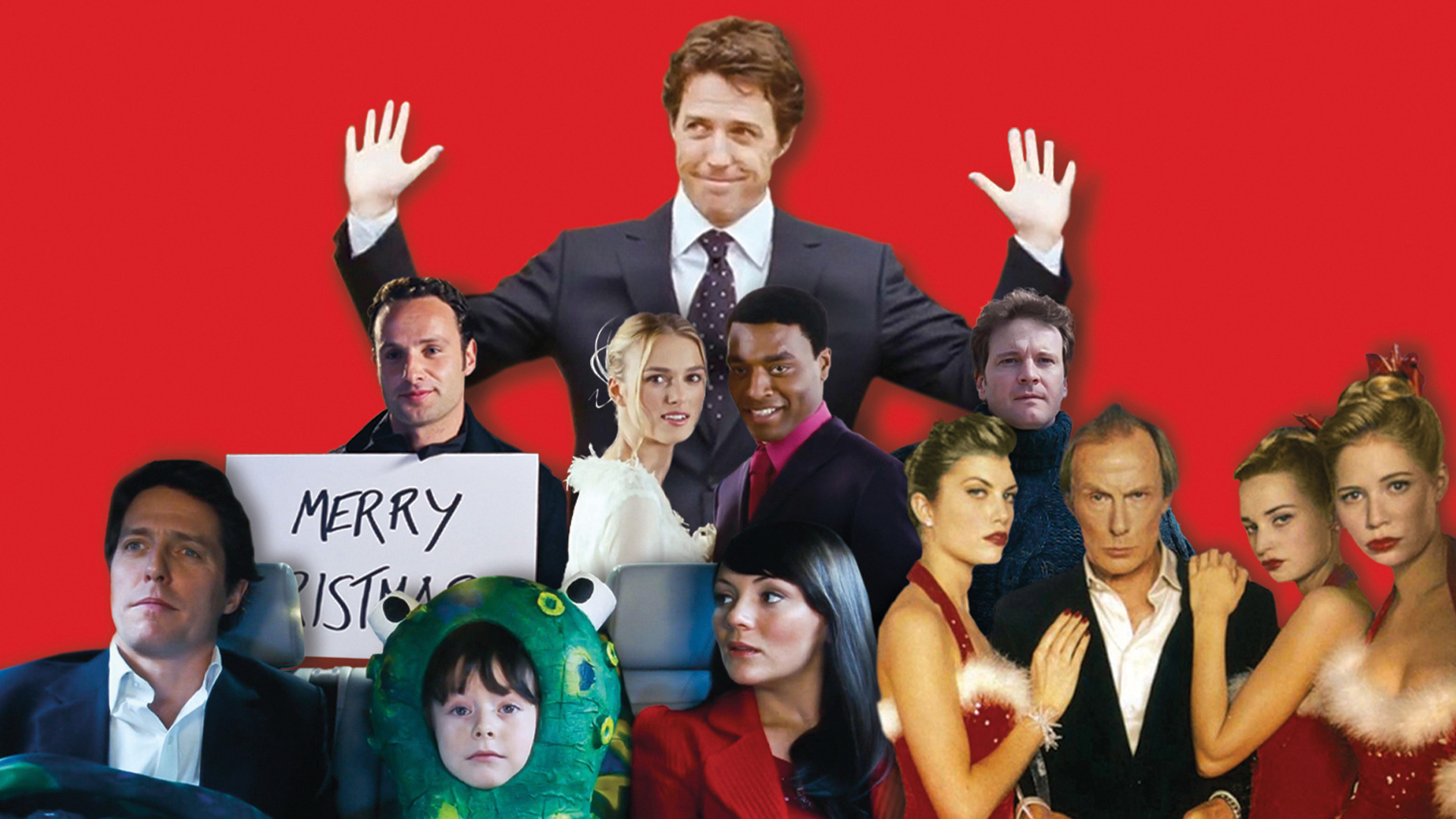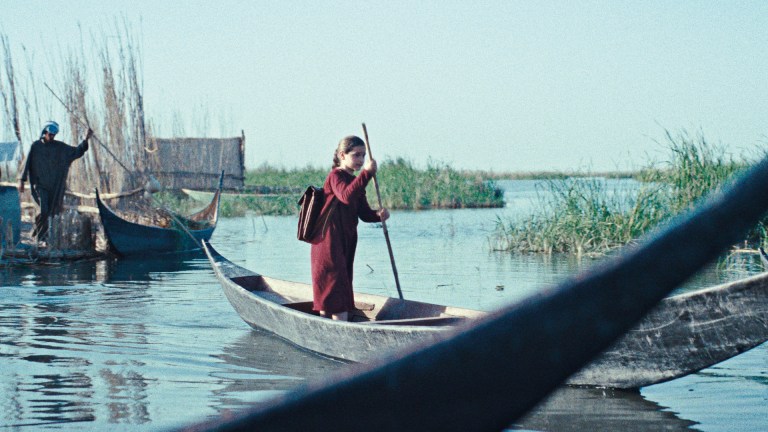I feel it my fingers, I feel it in my toes… but it’s not just your chilled extremities that signal the festive season’s approach, it’s the return of that preeminent Christmas rom com, Love Actually, to TV schedules. This year more so than ever as the film returns to cinemas to celebrate its 20th anniversary.
Love Actually’s position as one of Britain’s most beloved Christmas films could be attributed to our unchanging tastes. The cultural markers of the 2003 movie are still very much present in modern Britain. As a toddler at the time, I was too young to remember this period but on a pop-culture level the connective tissue between then and now is obvious.
As many stars of the 2000s are enjoying comebacks – from reunion tours (S Club, NSYNC) to sympathetic, reappraising documentaries (David Beckham, Robbie Williams) – the film’s cultural signposts remain central to our national identity. And in terms of fashion, the Y2K ‘revival spiral’ has re-popularised everything from low-rise jeans to cami tops – suddenly Keira Knightley and Heike Makatsch’s styling from the film mirrors the high street racks, Depop listings and design college projects.
Get the latest news and insight into how the Big Issue magazine is made by signing up for the Inside Big Issue newsletter
Writer-director Richard Curtis’s ensemble vision weaves together a tapestry of relationships that prove the special power of love at Christmastime: from office crushes and romance that conquers language barriers, to potty-mouthed meet-cutes with the ruling class.
The film’s cast of stars, including Emma Thompson, Rowan Atkinson, Colin Firth and Alan Rickman, is led by Hugh Grant. After Four Weddings and a Funeral (1994), Notting Hill (1999), and Bridget Jones’s Diary (2001), Grant had emerged as Curtis’s loyal rom-com work husband. By the time of Love Actually’s release in 2003, Britain’s favourite bumbling posh boy and sensitive sex symbol was well on his way to the national treasure status he enjoys today.









